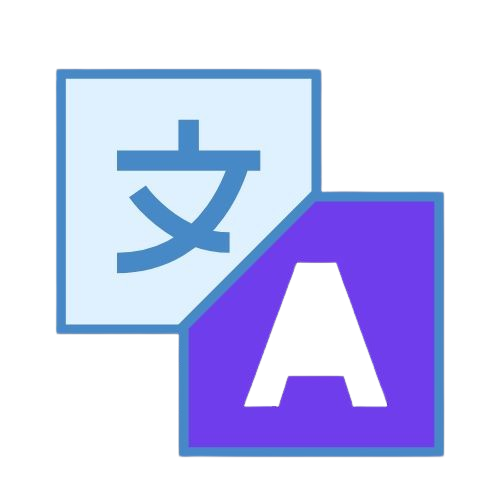drag your feet
Meaning
To be deliberately slow in doing something.
কোনো কাজ করতে ইচ্ছাকৃতভাবে slow হওয়া।
Example
He's dragging his feet about making a decision.
সে decision নিতে drag your feet করছে।
drag on
Meaning
To continue for longer than is necessary or desirable.
প্রয়োজনের চেয়ে বেশি সময় ধরে continue করা।
Example
The lecture dragged on and I started to lose concentration.
lecture drag on হতে থাকলো এবং আমি concentration হারাতে শুরু করলাম।


Comments
0 commentsNo comments yet. Be the first to comment!
Leave a Comment